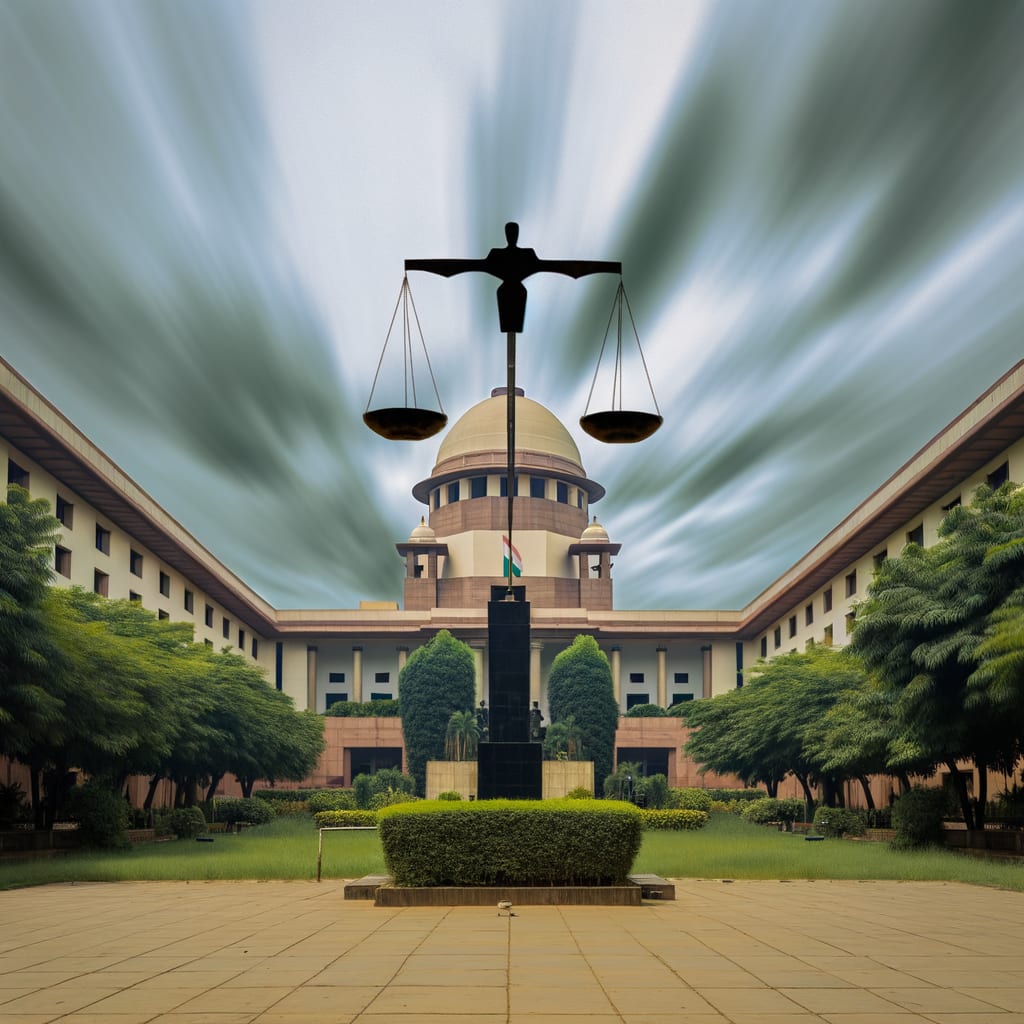US Imposes Sanctions on Palestinian Officials Amid Rising Tensions in the Middle East
The United States government announced on Thursday that it has imposed sanctions on officials from the Palestinian Authority (PA) and the Palestine Liberation Organisation (PLO) for alleged non-compliance with their commitments and undermining peace prospects with Israel. The move comes amid escalating tensions in the Middle East and increasing international pressure to resolve the conflict in Gaza.
Background and Context
The sanctions were announced in a statement by the U.S. State Department, suggesting that certain unnamed officials were not complying with their commitments and undermining the prospects for peace
. The statement indicated that the officials had been initiating and supporting actions at international organizations” and “taking actions to internationalize its conflict with Israel such as through the International Criminal Court (ICC) and International Court of Justice (ICJ)
.
The sanctions also come just days after the U.S. rejected a United Nations conference which proposed that the PA should take control of Gaza. This move has been met with opposition from US allies including France, the UK, and Canada, all of which have plans to recognize a Palestinian state.
Key Developments
As part of the sanctions, both PA officials and members of the PLO will be denied U.S. visas. The U.S. State Department has accused the PA of seeking to 'internationalise' its conflict with Israel through legal means in the ICC and ICJ. The U.S. has also cited non-compliance with the PLO Commitments Compliance Act of 1989 (PLOCCA) and the Middle East Peace Commitments Act of 2002 (MEPCA).
In a statement to Congress, the State Department said, It is in our national security interests to impose consequences and hold the PLO and PA accountable for not complying with their commitments and undermining the prospects for peace.
Implications and Reactions
These sanctions are part of an escalating tension in the Middle East, with the U.S. standing firmly with Israel. This approach seems to contrast with the diplomatic shifts of other countries, notably Canada, France, and the UK, which are moving towards recognizing a Palestinian state.
The PA's alleged non-compliance and the imposition of U.S. sanctions raise questions about the future of Gaza and potentially undermine international efforts to mediate peace in the region.
Current Status and Conclusion
As this is a developing story, the full implications of the U.S. sanctions on PA and PLO officials are yet to be determined. There are ongoing international efforts to mediate the conflict between Israel and Palestine and restore peace in the region. However, these sanctions, and the diverging stances of the U.S. and its allies, may significantly impact the resolution of the conflict.
The story underscores the complexity of the situation in the Middle East, with multiple stakeholders and differing international perspectives. It also highlights the significant role of the U.S. in shaping the outcome of the Israeli-Palestinian conflict.

